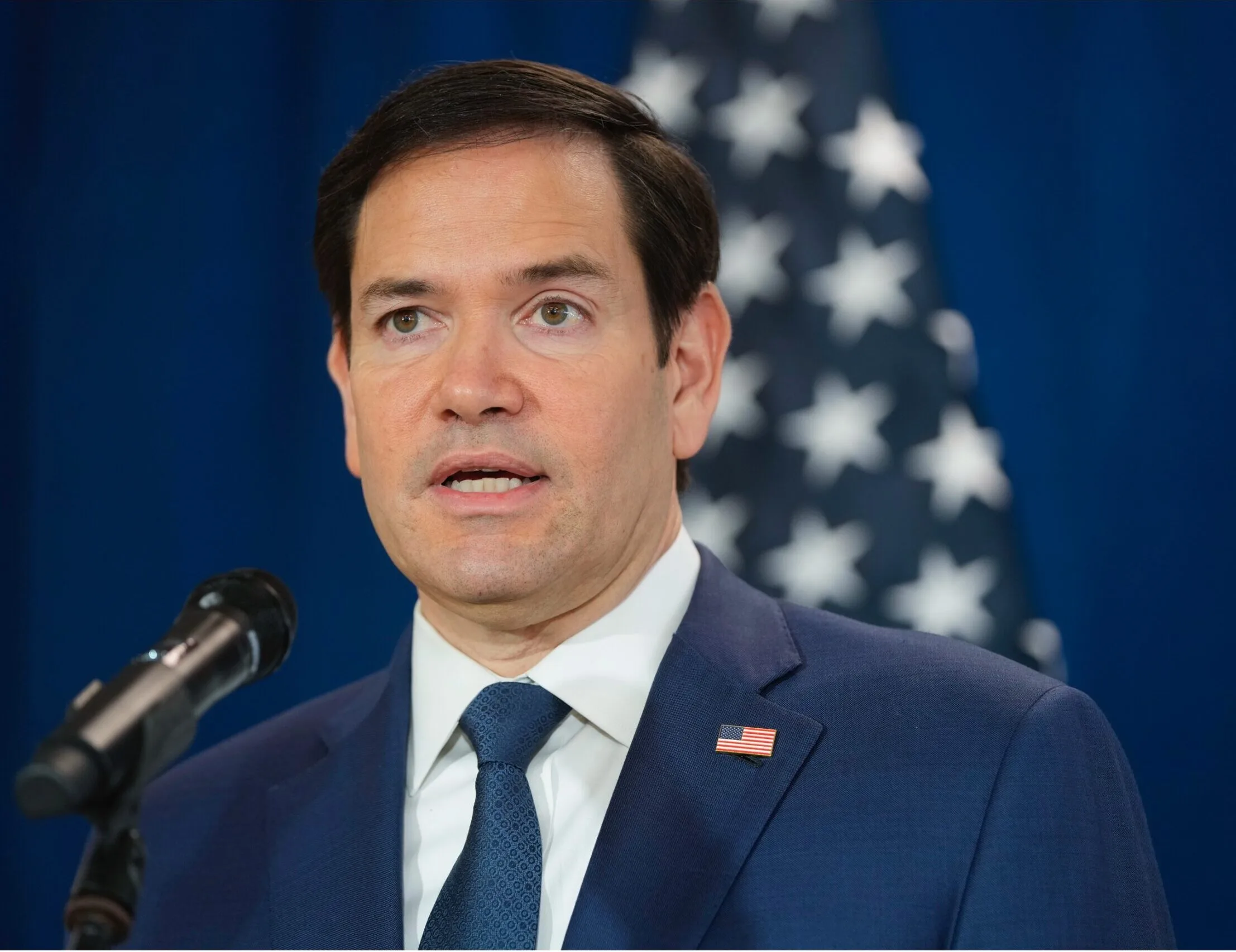ISLAMABAD: Amid the worst fighting between Pakistan and India in nearly 30 years, US Secretary of State Marco Rubio called Pakistan’s Chief of Army Staff General Asim Munir on Saturday, urging both nations to de-escalate. A US State Department spokesperson confirmed that Washington is ready to assist in initiating constructive talks between the nuclear-armed neighbors.
The diplomatic outreach came hours after Pakistan launched a large-scale military operation against India, dubbed “Operation Bunyanun Marsoos.” The term, derived from the Holy Quran, means “a firm, united structure.”
The Inter-Services Public Relations (ISPR) stated that multiple Indian military installations were targeted, including a BrahMos missile storage site in Beas, the Pathankot airfield in India’s Punjab state, and the Udhampur Air Force Station in Indian Illegally Occupied Jammu and Kashmir (IIOJK).
The operation was launched in response to Indian missile strikes earlier this week that hit Pakistan’s Nur Khan, Murid, and Shorkot airbases. According to DG ISPR Lieutenant General Ahmed Sharif Chaudhry, most of the Indian missiles were intercepted, and no PAF flying assets were harmed.
Read: India Targets Pakistani Airbases; DG ISPR Confirms All PAF Assets Safe
However, one of the targeted bases — Nur Khan airbase in Rawalpindi — is located just 10 kilometers from the capital, Islamabad. Multiple blasts were reported overnight. The base had received Saudi Minister Adel Al-Jubeir just hours before the Indian strikes.
The current clashes began Wednesday after India launched air strikes inside Pakistani territory. The strikes followed a deadly attack on Indian tourists in Pahalgam, a tourist hotspot in IIOJK. India blamed Pakistan-based militants for the attack — an allegation Islamabad strongly denied.
Heavy Exchanges of Fire
Since then, the Line of Control (LoC) has witnessed heavy exchanges of fire, including the use of missiles and drones. The conflict has already claimed more than 50 lives, including both military personnel and civilians on both sides.
Pakistan’s Planning Minister Ahsan Iqbal, speaking on national television, said the strikes were carefully planned to avoid civilian casualties. He stressed that only military targets used against Pakistan were being hit.
Prime Minister Shehbaz Sharif has convened a meeting of the National Command Authority, the top civil-military body responsible for overseeing Pakistan’s nuclear weapons program. The move has sparked fears that the situation could spiral further if international mediation fails.
DG ISPR Chaudhry, in a live midnight address, warned India: “Now you just wait for our response.”
With global concerns mounting, all eyes are now on diplomatic efforts as the international community scrambles to prevent a full-blown regional war.
Follow us on Google News, Instagram, YouTube, Facebook,Whats App, and TikTok for latest updates
